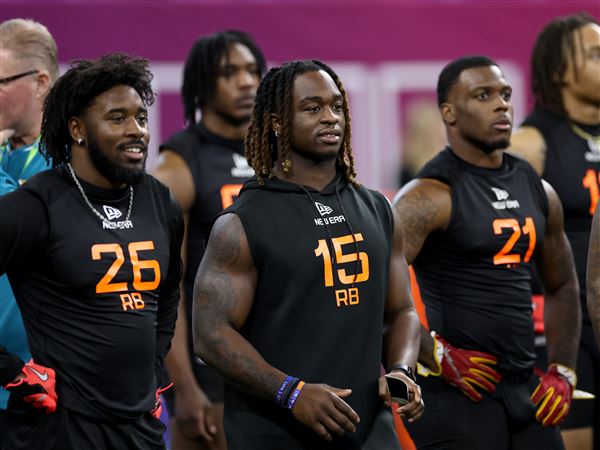Childhood obesity in the United States has more than tripled in the past 30 years, from 7 percent to 20 percent, according to the Centers for Disease Control and Prevention. More than a third of the nation's children are overweight or obese.
Today's children have much less physical activity in their lives than in the past:
• Children ages 8 to 18 spend 7 1/2 hours a day with mobile or online media, according to a 2010 study by the Kaiser Family Foundation.
• Kids spend about 4 1/2 hours watching television, 2 1/2 hours listening to music, an hour and a half on computers, and an hour and 13 minutes playing video games, the Kaiser study indicated.
Watching television is as passive an activity as there is, and when adults -- or kids -- park on the sofa to watch it, they tend to snack. They burn fewer calories. They pack in more. There's a clear connection between TV watching and obesity. How much listening to music contributes to obesity depends on what they're doing while they listen.
Now, new research is focusing on how playing video games might contribute to childhood obesity. Results are mixed.
A 2010 study from the Eastern Ontario Research Institute found video games to blame, chiefly because children, boys especially, tend to eat more when they're playing them.
A 2011 study from New Zealand, found that, in contrast, playing active video games -- such as boxing, tennis or dancing -- actually can help control weight.
The ball bounced back into the opposing court with a study published this year, in which researchers at the Baylor University College of Medicine found no evidence that children who play active video games "were more active in general" than children who play inactive games.
That supported findings from researchers at Michigan State University in a study last year that increases in the body mass index of children could not be correlated to how much time they spent playing video games, talking on cell phones, or surfing the Internet,
The results can be confusing. Evelina Krieger, a pediatrician at Allegheny General Hospital, offers some perspective:
If the children in the Canadian study spent the hour-plus they spend each day playing active video games without snacking, they'd lose 0.7 pounds a week, she said.
But the exercise they get playing active video games "is sort of equivalent to slowly walking," Dr. Krieger said. It's nowhere near the exercise children get when they are outside, running, jumping and playing, she said.
The key advice for parents is to limit the total time children indoors with electronic devices and "get them outside," she said.
First Published: November 12, 2012, 5:00 a.m.














